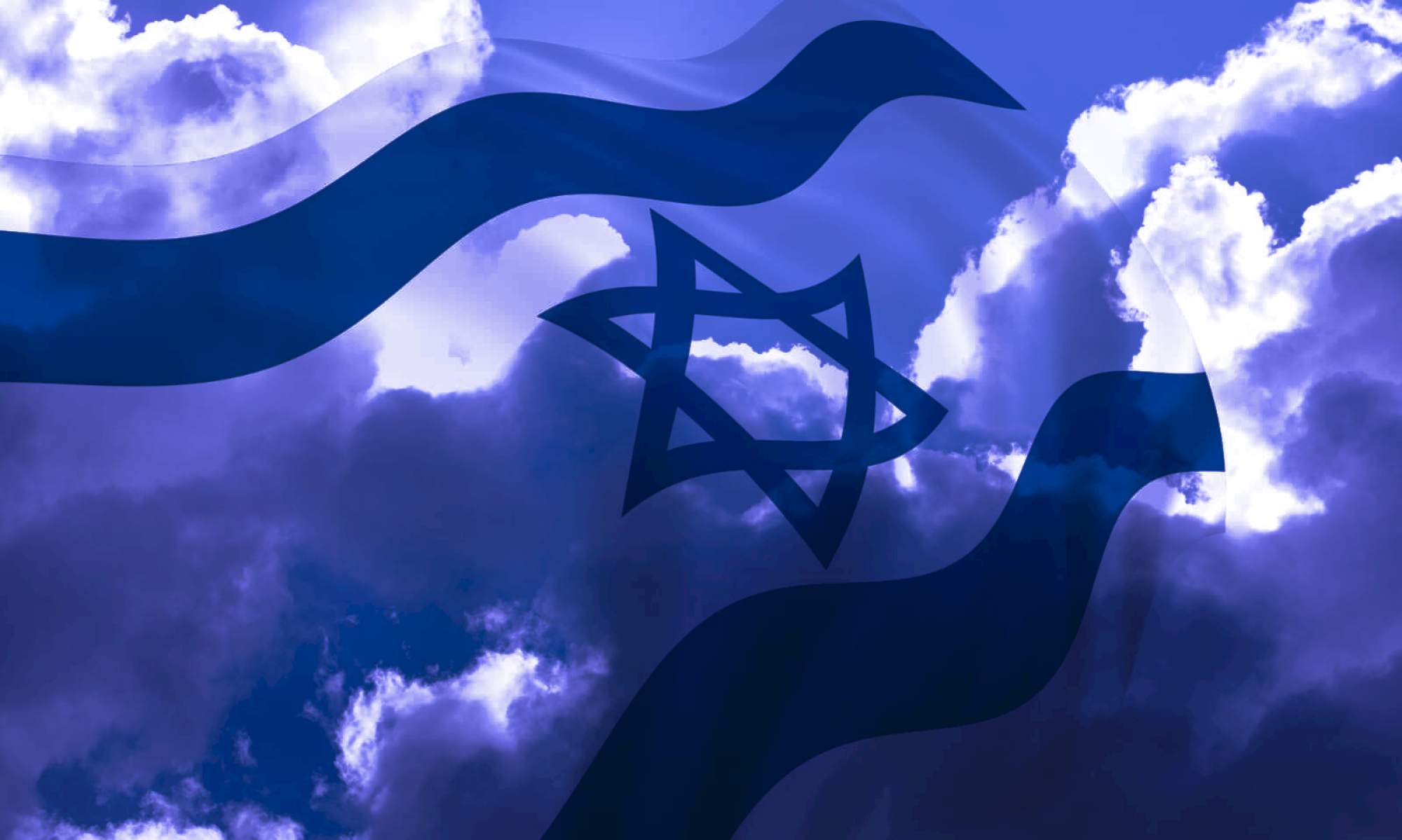
In a Druze town near Israel’s northeastern border, grief grips the community
A year ago, a Hezbollah missile struck a soccer field in Majdal Shams, killing 12 children and turning the site into a symbol of mourning.
Recently, the town returned to the headlines for a different reason: hundreds of Druze residents broke through the security fence separating Israel’s Golan Heights from Syria to reach family members they hadn’t seen in decades.
The invasion followed days of violent clashes in southern Syria between the local Druze population and Bedouin militias backed by the Syrian government.
These clashes have left more than 1,100 dead and forced more than 120,000 people to flee, according to the UN and Syrian monitoring groups.
Many of those who crossed the fence said they were willing to march to Suweida, the Syrian region where the violence is concentrated, to try to stop the killings.
Videos showing massacres of Druze civilians in Syria, allegedly recorded by those responsible, began circulating on the cellphones of Majdal Shams residents.
For many, the images recalled the Hamas attack on Israel on October 7, 2023, but now the tragedy was hitting their relatives in Syria.
Some criticized the Israeli government for not doing enough to stop the violence, despite Israeli airstrikes against Syrian military targets in Suweida and Damascus.
Prime Minister Benjamin Netanyahu said these actions were aimed at protecting the Syrian Druze, highlighting a “blood pact” with the Druze in Israel.
Others, however, praised the intervention.
Near the border, men and women chanted the names of relatives lost years ago, holding signs in the hope of reunion.
In emotional scenes, two sisters, separated by 30 years, embraced in tears on camera.
A mother was reunited with her 48-year-old son, whom she hadn’t seen since he moved to Syria as a teenager.
Three days later, with a fragile ceasefire in place, some residents of Majdal Shams still remained near the fence.
Dalia Shams, a local resident, was moved by the videos of the reunions, but urged her children to avoid the border area.
“I told them: you have a future here.
What if they close the crossing? You’ll be trapped there, where there’s no life,” she said.
Hadi Sabra, another resident, believes the Israeli army allowed the invasion as a form of silent support.
“They knew people needed to vent and see their loved ones,” he said.
A soldier, identified only as “A,” described the difficulty of witnessing the reunions: “They cried, hugged, and then returned to opposite sides of the fence, to enemy countries.
No one knows if they will see each other again.”
Not everyone in the community supported the invasion.
Heba Asaad, leader of an organization that coordinates humanitarian aid for Syria, understands the desire to help, but argues that the action should have been organized.
“Crossing the border of an enemy country like this puts everyone at risk,” she said.
She helped send medical supplies, such as trauma kits and medicine, to the Suweida hospital, where an alleged massacre occurred.
Druze and Jewish Israelis also joined forces to donate blood to the wounded.
Jonathan Conricus, a former Israeli army spokesman, said Israel’s strikes in Syria were aimed at preventing a further escalation.
He linked the violence in Suweida to the recent lifting of US sanctions against Syrian President Ahmad al-Sharaa.
“It’s an old conflict between the Druze and the Bedouin, but now supported by the Syrian government.
Israel’s strikes have probably saved thousands of lives,” he said.
Hadi Sabra approved of the strikes, but believes they should have happened sooner.
“It showed that there is an alliance between us,” he said.
Meanwhile, the possibility of Syria joining the Abraham Accords, which promote peace in the region, seems distant.
“If there is peace, I will be the first to go,” said Dalia Shams.
Sabra, however, was more blunt: “You don’t make peace with jihadists.
If they are not stopped, they will carry out another October 7th, in Syria and here.”
Sarit Zehavi, a retired major and security researcher, also dreams of peace, but warns against trusting Al-Sharaa.
“If there is normalization, I will be on the first bus.
But he only knows how to talk nicely,” he said.
In recent years, more Druze from the Golan Heights, who previously considered themselves Syrian citizens, have sought Israeli citizenship.
In 2025, 1,050 applied for citizenship, nearly double the number from 2024, according to officials.
About 6,000 Druze in the region, or 20% of the population, now hold Israeli passports, though many avoid disclosing their identity.
With the reduction of Hezbollah attacks, tourism in the region was beginning to recover, but the recent violence in Syria has halted this progress.
Muchi Shams, owner of a local resort, lamented: “First Hezbollah, then Iran, now Syria.
Everything was booked, but suddenly, everything disappeared.”

In Majdal Shams, mourning lingers.A sculpture of a soccer ball with angel wings marks the spot where the 12 children died.
“My friends who lost loved ones still avoid celebrations.
There are so many scars,” said Sabra.
Heba Asaad added that families have not yet overcome last year’s tragedy and now face the weight of the massacres in Syria.
“July will forever be a dark month,” she said.
On the soccer field, children have returned to play, bringing a measure of lightness.
But a banner bearing the faces of the 12 victims and broken scooters, untouched since the attack, serve as reminders of the pain.
According to Dalia Shams, the children only recently returned to the camp after community healing sessions.
Her husband, Adham, finds solace in the Druze belief that souls remain in the community.
“It’s a small comfort to know that these souls are still with us,” he said.
Published in 07/29/2025 23h34
Text adapted by AI (Grok) and translated via Google API in the English version. Images from public image libraries or credits in the caption.
Reference article:
| Geoprocessing Drone Systems HPC |

| ERP and CRM Systems Mobile Systems AI |


